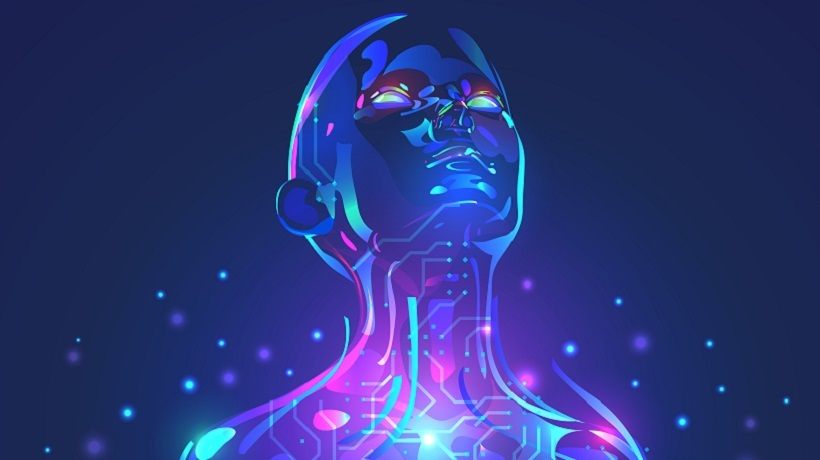December 14, 2023
7 articles
7 topics
7 topics
Posting activity
Latest articles by Felix Hamza-Lup
Become an author like Felix
February 18, 2023
Intelligent 3D Virtual Human Assistants
February 10, 2022
Imagine An eLearning DAO
September 28, 2019
Intelligent Tutoring Systems And Augmented Reality
Felix Hamza-Lup
Wall of Recognition

Rising Star

Expert

MasterMind

Thought Leader

Legend

Editors Choice

Specialist

Authority

Years (5)

Level 4
February 24, 2019
Learning Assessment Using Brain-Computer Interfaces: Are You Paying Attention?
The combination of the synchronized electrical activity of all the neurons in the brain - brainwaves - can be captured in real-time using Brain-Computer Interfaces (BCIs). Portable and affordable BCIs emerged recently, and have the potential to objectively quantify attention and improve learning.
January 12, 2019
 Editors' Choice
Editors' Choice
How Machine Learning, Intelligent Dialogue, And eMentoring Impact eLearning
Dialogue implies listening, then generating a "tailored" response. With the "renaissance" of machine learning, deploying an automated system that "learns" from the learner's data and makes decisions with minimal human intervention, producing intelligent dialogue, becomes a tangible reality.
November 10, 2018
Haptic Technology And eLearning
Haptics, from the Greek word "haptesthai" pertains to the sense of touch. Computer-based haptic technology recreates the sense of touch by applying forces or vibrations to the user's tactile system.








